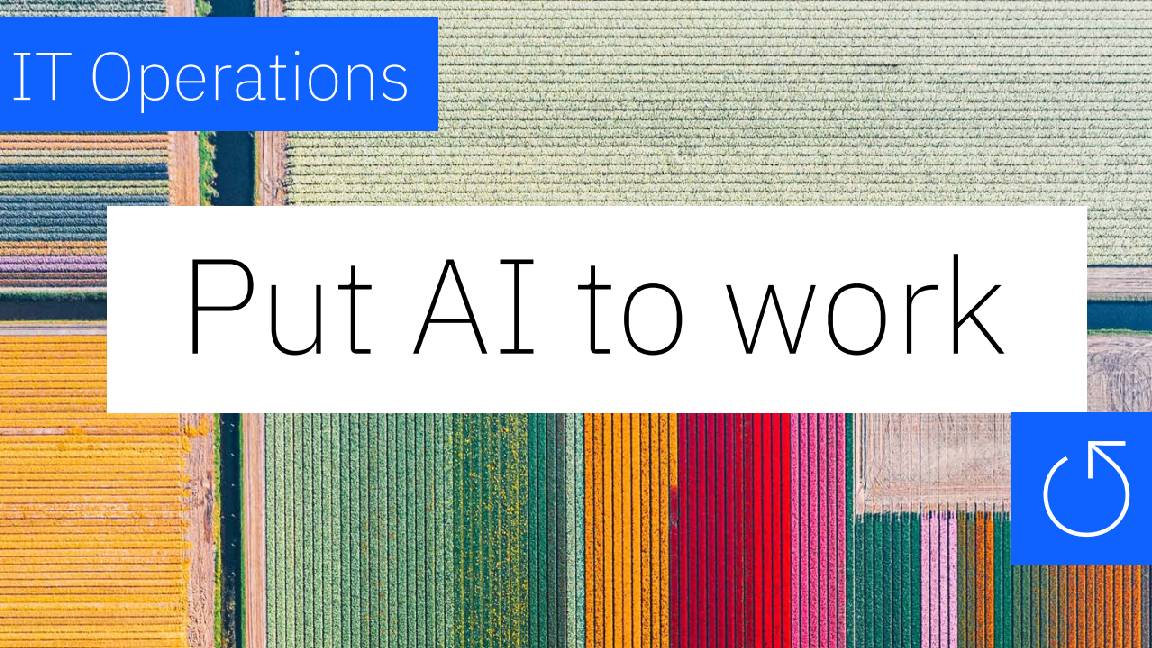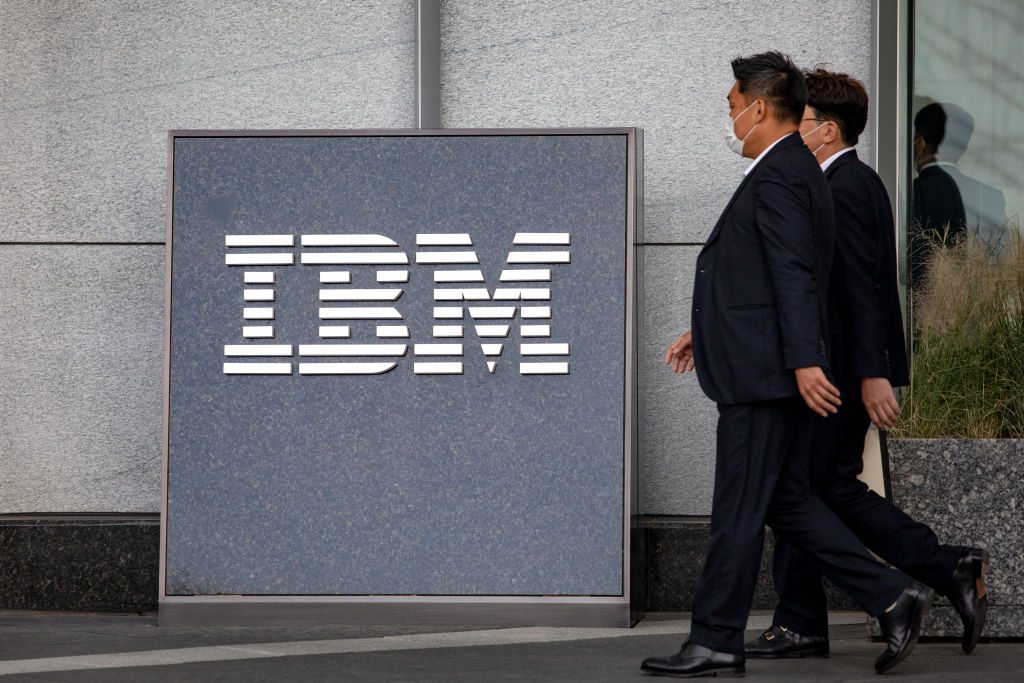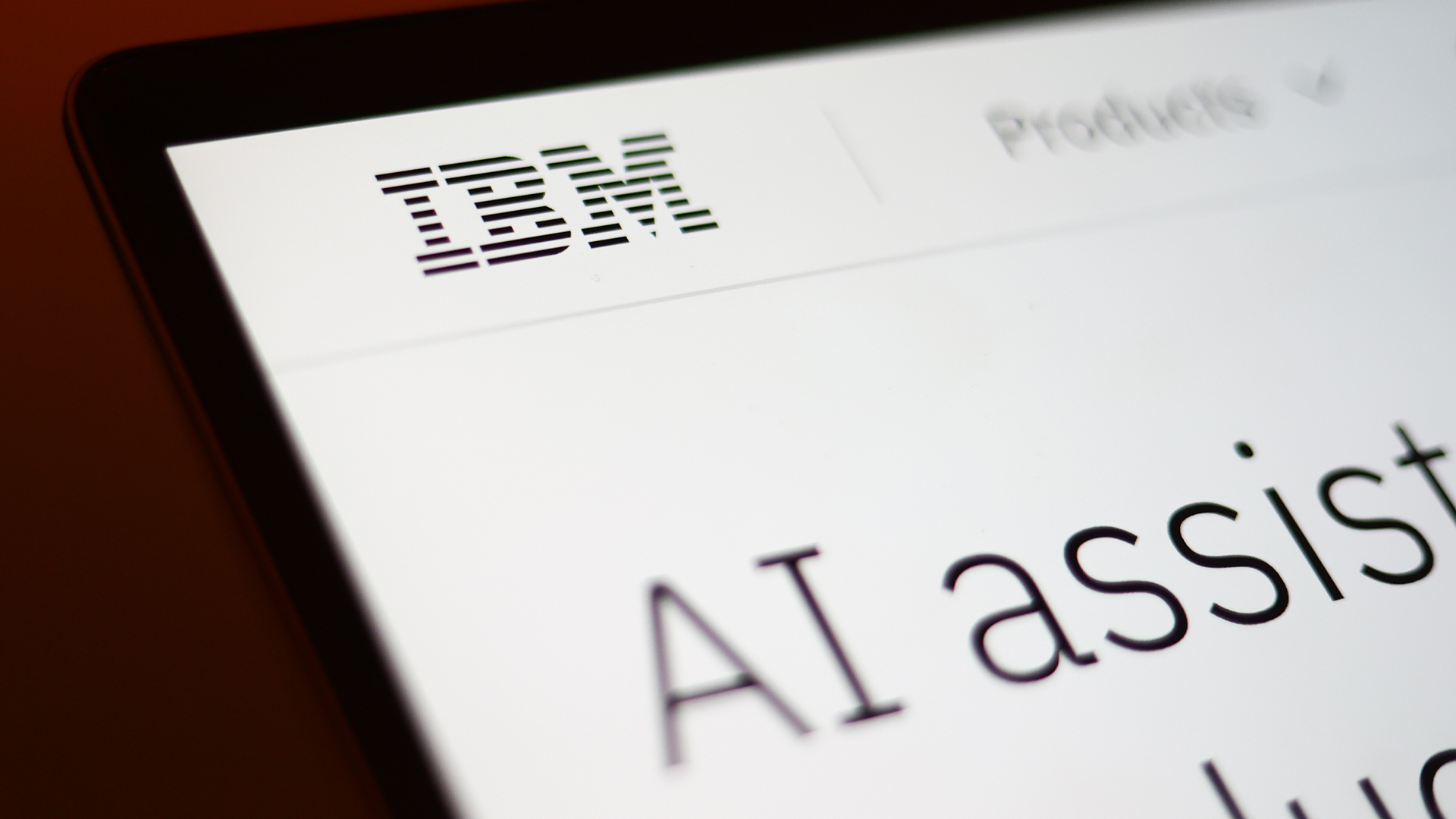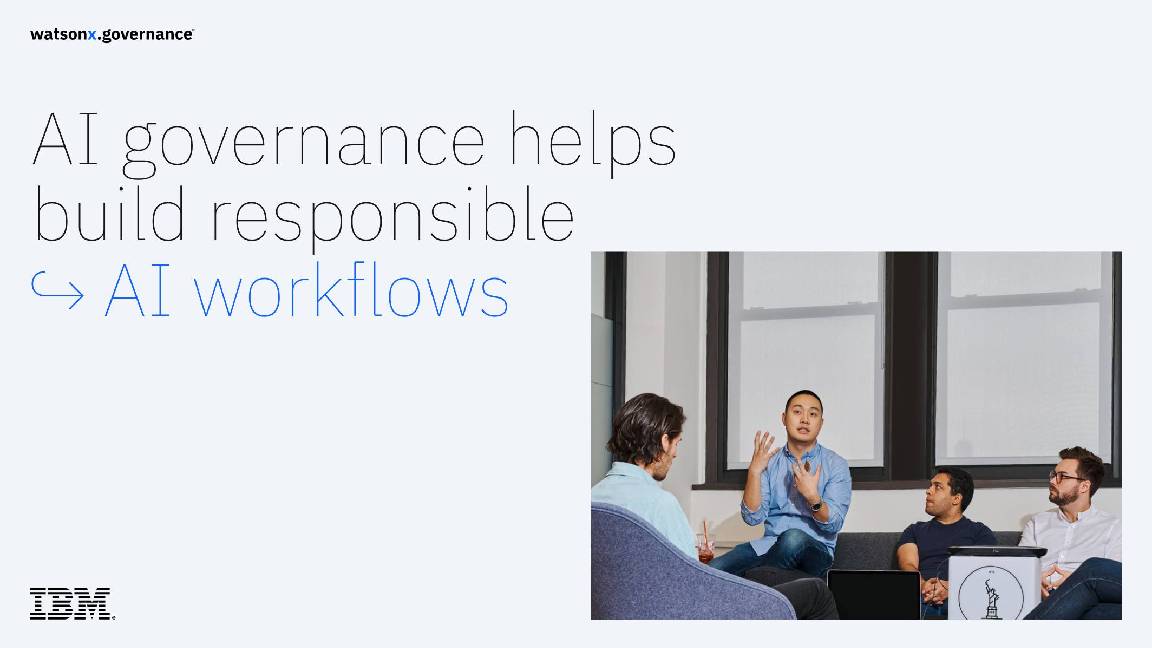IBM crowdsources CPU power to fuel coronavirus research
A desktop app can tap into the processing power of idle PCs and laptops to run chemical simulations


Volunteers can download an app onto their spare PCs and Macs which lets scientists take control of their processing power and funnel it into researching COVID-19 treatments.
Scripps Research and IBM have launched an OpenPandemics-COVID-19 project to harness the CPU power of thousands of machines, running in a fashion similar to the mechanics of cryptojacking.
The spare computing power donated by users will be used to run simulations to identify chemical compounds that could be deployed in clinical settings to treat the symptoms of coronavirus.
The project is being hosted by IBM’s crowdsourcing platform, the World Community Grid, which harnesses the power of devices from across the world, with this data transferred back to researchers.
“Tapping the unused processing power on thousands of idle computing devices provides us with an incredible amount of computing power to virtually screen millions of chemical compounds,” said director of the project Stefano Forli PhD.
“Our joint effort with volunteers all over the world promises to accelerate our search for new potential drug candidates that address present and future emerging biological threats, whether it is COVID-19 or an entirely different pathogen."
With swathes of offices having emptied due to lockdown measures, and workplace machines therefore out-of-use, researchers are hoping that businesses and individuals can run the software on armies of idle PCs to aid with research. The CPU power of computers that are actively in-use can also be harnessed.
Get the ITPro daily newsletter
Sign up today and you will receive a free copy of our Future Focus 2025 report - the leading guidance on AI, cybersecurity and other IT challenges as per 700+ senior executives
Volunteers can download the software onto their systems from the OpenPandemic-COVID-19 platform, which runs when their devices are otherwise idle or not in heavy use. Nobody needs technical expertise, and the entire process is automated.
Researchers also say the app runs in the background without slowing down systems when machines are in light use, distributing computational assignments before returning any completed calculations to experts through the IBM cloud.
If enough power is fed into the project, IBM and Scripps hope to accelerate the process it takes to find viable COVID-19 treatments by running virtual experiments as quickly as possible. Any compounds that show promise in these simulations will then undergo further testing and analysis in real-world settings.
The tech industry, by and large, has risen to the global fight against coronavirus, whether in the form of free software to help businesses shift their employees to remote working or security tools to guard against rising cyber threats.
Initiatives have also been running to dedicate computing resources and facilities to frontline medical staff and scientists researching ways to treat the symptoms of the virus.
In a similar move, IBM recently teamed up with Amazon, Microsoft and Google, as well as the White House and the US Department of Energy to bring massive amounts of supercomputing power to scientists.
The COVID-19 High Performance Computing Consurtium (HPCC) has handed more than 16 systems to researchers, comprising 775,000 CPU cores, 34,000 GPUs and a massive 330 petaflops of computer power.
The mechanics are similar to the fundamentals of IBM’s effort with Scripps Research, in that computing power is being donated to help researchers run simulations and experiments to find treatments.
The key difference is the HPCC involves these major companies donating their own computational power to the fight, whereas OpenPandemics-COVID-19 involves recruiting thousands of external consumer and workplace PCs and laptops.
The collective computing power of all these devices, researchers hope, can supplement the existing computing power being dedicated to run vital experiments and find treatments.

Keumars Afifi-Sabet is a writer and editor that specialises in public sector, cyber security, and cloud computing. He first joined ITPro as a staff writer in April 2018 and eventually became its Features Editor. Although a regular contributor to other tech sites in the past, these days you will find Keumars on LiveScience, where he runs its Technology section.
-
 Bigger salaries, more burnout: Is the CISO role in crisis?
Bigger salaries, more burnout: Is the CISO role in crisis?In-depth CISOs are more stressed than ever before – but why is this and what can be done?
By Kate O'Flaherty Published
-
 Cheap cyber crime kits can be bought on the dark web for less than $25
Cheap cyber crime kits can be bought on the dark web for less than $25News Research from NordVPN shows phishing kits are now widely available on the dark web and via messaging apps like Telegram, and are often selling for less than $25.
By Emma Woollacott Published
-
 Put AI to work for IT operations
Put AI to work for IT operationswhitepaper Reduce the cost and complexity of managing hybrid applications
By ITPro Published
-
 AI in the retail industry is spreading beyond the IT department
AI in the retail industry is spreading beyond the IT departmentNews AI has become a strategic imperative for retailers, delivering marked productivity gains
By Emma Woollacott Published
-
 Maximizing contact center operations with generative AI assistants backed by responsible AI principles
Maximizing contact center operations with generative AI assistants backed by responsible AI principleswhitepaper Reduce the cost and complexity of managing hybrid applications
By ITPro Published
-
 IBM just launched powerful new open source AI models – here’s what you need to know
IBM just launched powerful new open source AI models – here’s what you need to knowNews Available under the Apache 2.0 license, IBM's Granite 3.0 models are trained on enterprise data and can out-perform the competition
By Emma Woollacott Published
-
 Achieving business outcomes with generative AI
Achieving business outcomes with generative AIWebinar Take your hybrid cloud journey to the next level with generative AI
By ITPro Published
-
 Wimbledon’s new Catch Me Up AI feature promises to keep fans up to date at the tournament – after it irons out some of the wrinkles
Wimbledon’s new Catch Me Up AI feature promises to keep fans up to date at the tournament – after it irons out some of the wrinklesNews The latest feature to come out of IBM’s partnership with Wimbledon will keep fans engaged from the early stages right through to the final with dynamic player insights
By Solomon Klappholz Published
-
 AI demands new ways of data management
AI demands new ways of data managementwhitepaper The data leader’s guide for how to leverage the right databases for applications, analytics and generative AI
By ITPro Last updated
-
 AI governance for responsible transparent and explainable AI workflows
AI governance for responsible transparent and explainable AI workflowswhitepaper Build greater trust in your AI
By ITPro Published